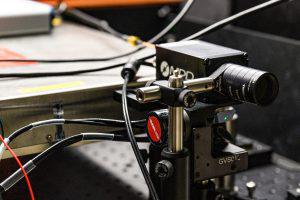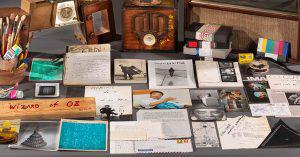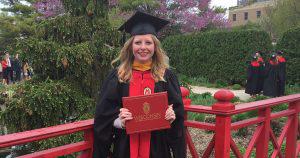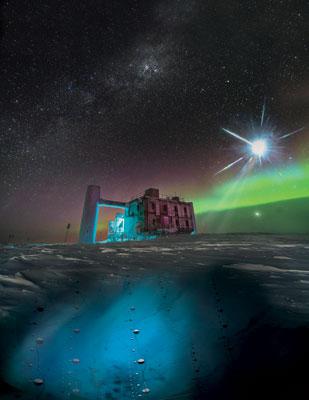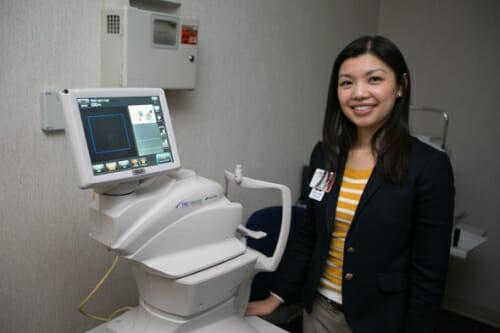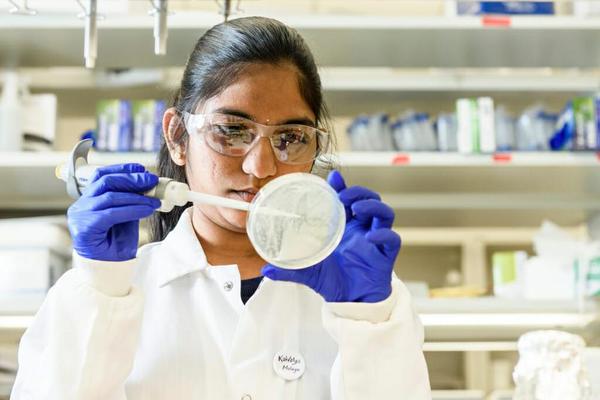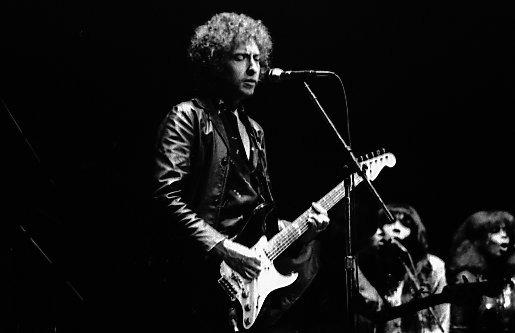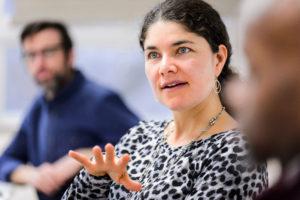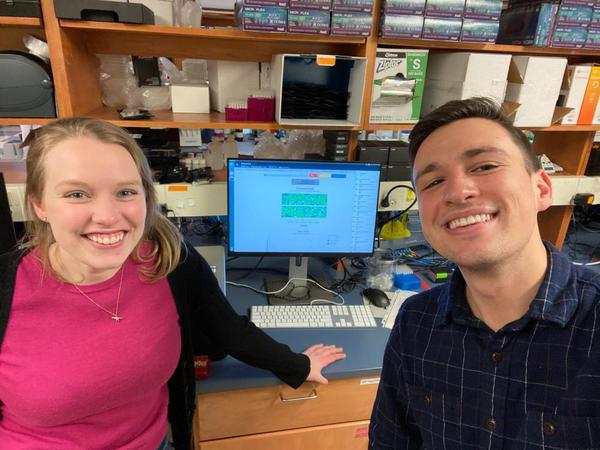
Coronavirus sequencing leads to insights on transmission, vaccine development
As graduate students at UW–Madison, Katarina Braun and Gage Moreno were already working in research labs to better understand viruses. So when SARS-CoV-2, the virus that causes COVID-19, began spreading rapidly around the world, Braun and Moreno were ready to make a quick pivot to working on the coronavirus.
Their work with sequencing the 2019 novel coronavirus has helped scientists better understand how the virus has traveled in Wisconsin.
